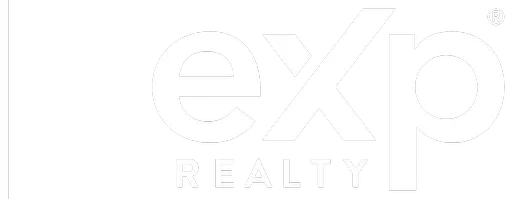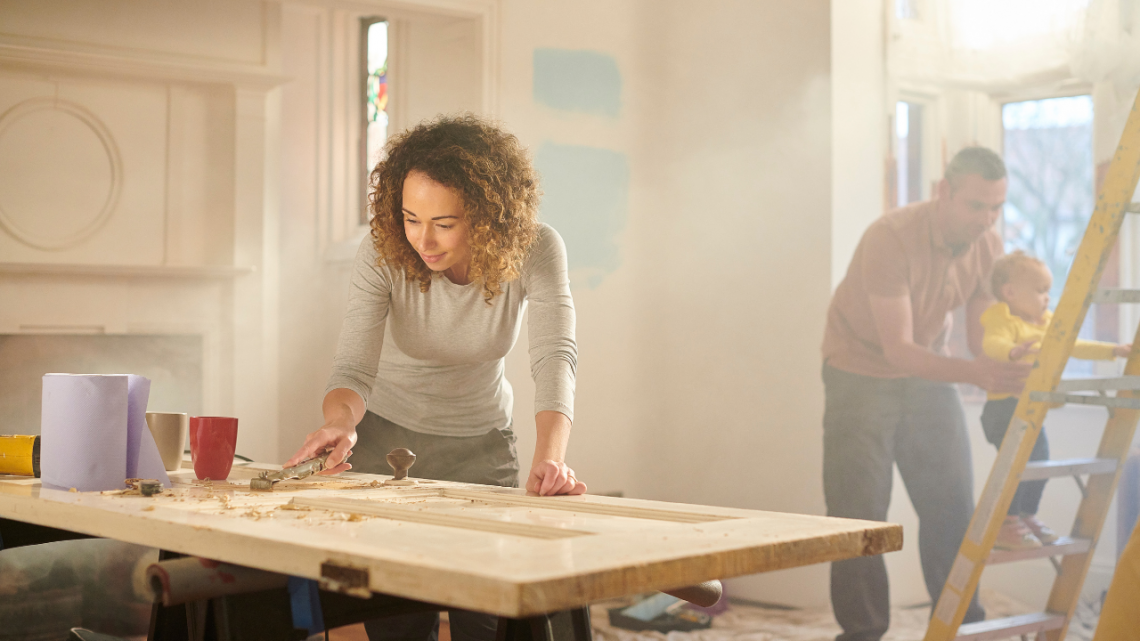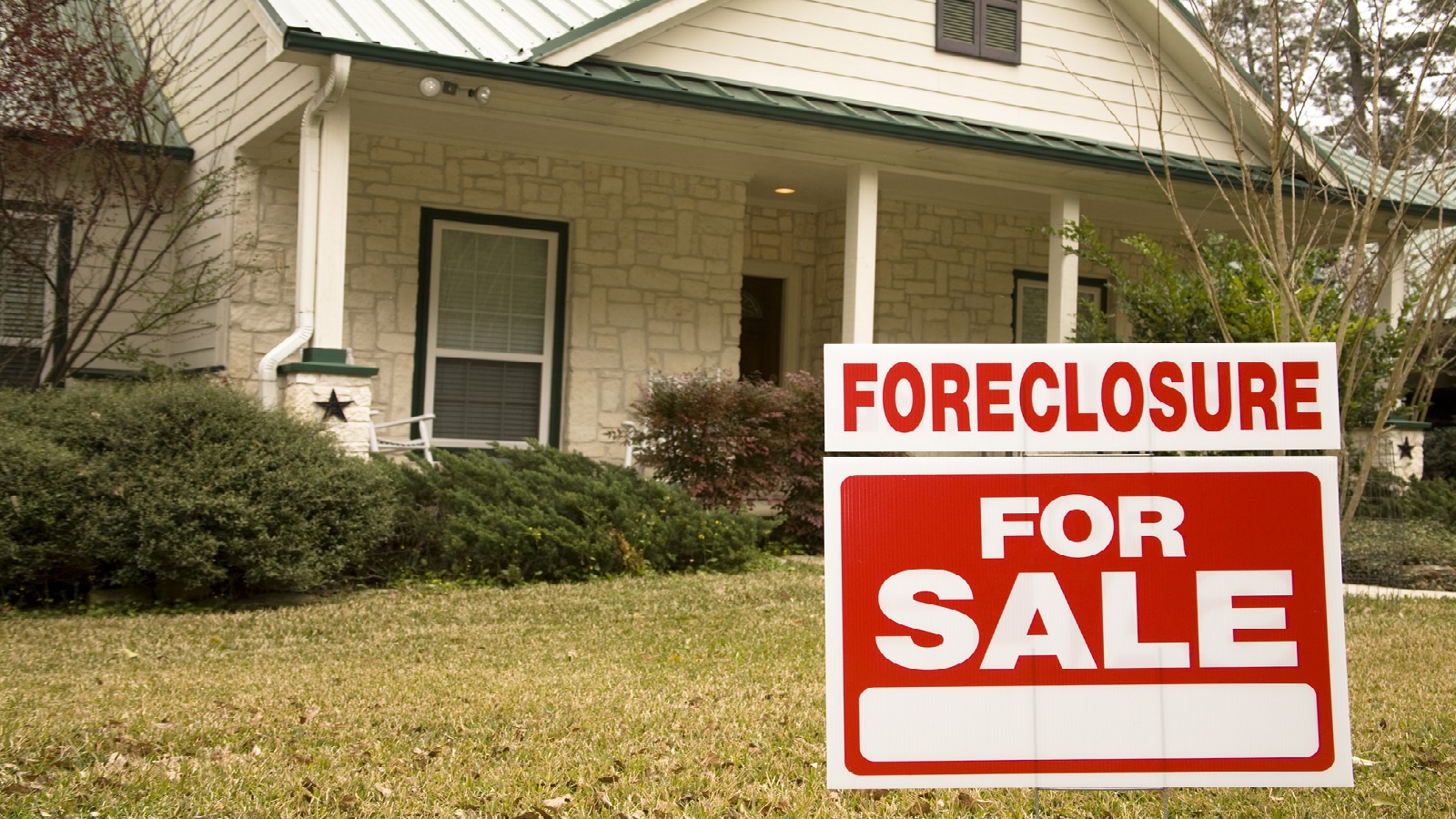Boost Your Finances
As the weather warms up and days get longer, it's a good time to take a hard look at your finances. A lot of Canadians—92%, actually—make it a point to review their financial game plan at least once a year. Spring is typically when tax season kicks off, so it’s a good time to think about how you can
The Fixer-Upper: Dream Project or Money Pit?
The Fixer-Upper: Dream Project or Money Pit? Ken Rigel comes from true pioneer stock and was born and raised on a small farm in southern Alberta, where he learned the value of honest hard work. For many homeowners and real estate enthusiasts, the idea of purchasing a fixer-upper property holds an un
The Pros and Cons of Buying a Foreclosed Home
A foreclosed home is a home that has gone through foreclosure. Foreclosure is the legal process in which a lender repossesses a property from someone who has defaulted on their loan, usually by failing to make their mortgage payments for an extended period of time. You can then buy the foreclosed pr

Ken Rigel
Phone:+1(403) 207-1748
Leave a Message
Leave a reply




